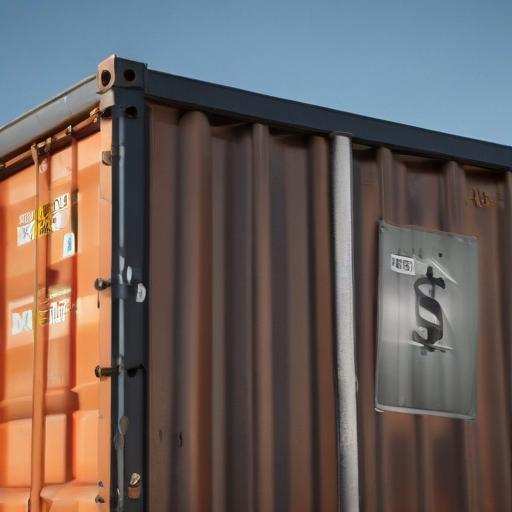Two economists who are prominent on the Fed radar said on CNBC this week that tariffs are not driving inflation, a view that aligns with President Trump’s preference for rate cuts. Stephen Miran, who chairs the White House Council of Economic Advisers, flatly stated that there’s “no evidence whatsoever” that tariffs have produced inflation. He noted that the gloomy forecasts some had warned about simply haven’t materialized. Miran has been tapped to fill the remaining months of Adriana Kugler’s term on the Fed board.
James Bullard, a former president of the St. Louis Fed, has also been mentioned as a potential contender for the Fed chair role when Jerome Powell’s term ends next May. Both economists stopped short of pledging how they would vote on future rate moves, but they used the occasion to praise the Trump administration’s pro-growth agenda and to reiterate that inflation is not a current problem.
The backdrop remains a July inflation print of 2.7% for the consumer price index, still above the Fed’s 2% goal but modestly softer than some expectations. Miran argued that tariff policy has not shown itself as a driver of higher prices, while Bullard echoed the view that tariffs have not led to inflationary pressures.
Bullard went further in his outlook, saying the data continue to support a near-term path of rate cuts. He forecast that the Federal Open Market Committee would begin cutting in September and could trim the policy rate by a full percentage point over the next year, moving it “close to neutral.”
Takeaways and potential implications:
– If tariffs remain a non-inflationary policy tool, the Fed could gain more room to ease without triggering runaway price pressures, potentially supporting growth amid other macro headwinds.
– The dialogue signals ongoing alignment between some White House economic policymakers and the administration’s fiscal stance, which could influence the Fed’s approach in a backdrop of shifting leadership rumors.
What to watch next:
– Fresh inflation readings and how they compare with expectations.
– Developments in trade policy and any new tariff dynamics.
– Confirmation process for the new or acting Fed officials and any shifts in policy philosophy at 12th Street and Constitution Avenue.
Summary: In CNBC interviews, Miran and Bullard argued that tariffs have not fueled inflation and signaled openness to rate cuts, with Miran emphasizing no tariff-driven price pressures and Bullard forecasting a September start to rate reductions. The discussion comes as July CPI showed modest inflation and as questions about Fed leadership and policy direction loom. Positive economic momentum could persist if inflation remains contained and policy moves support growth.
